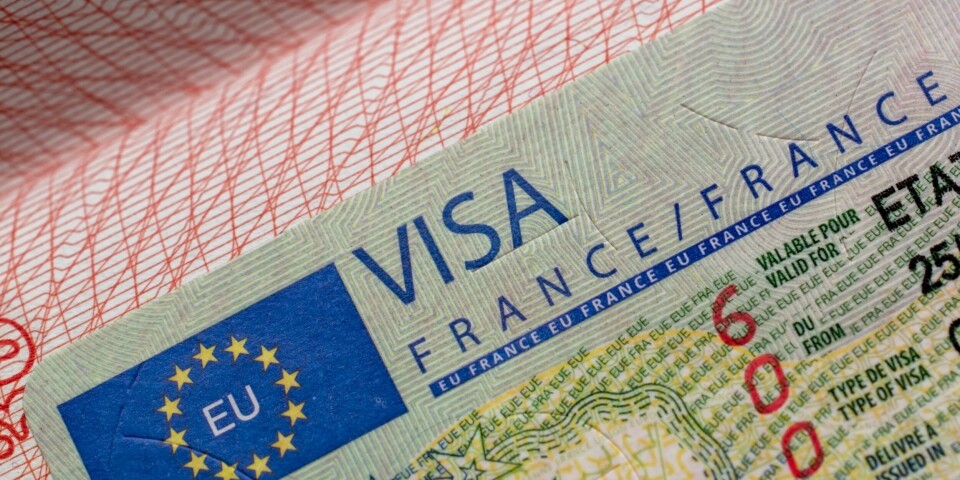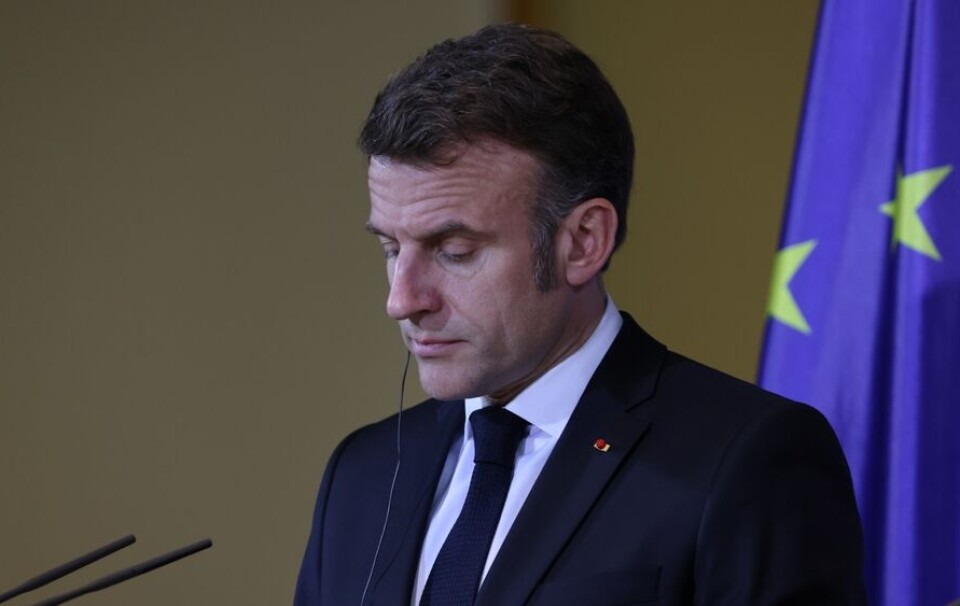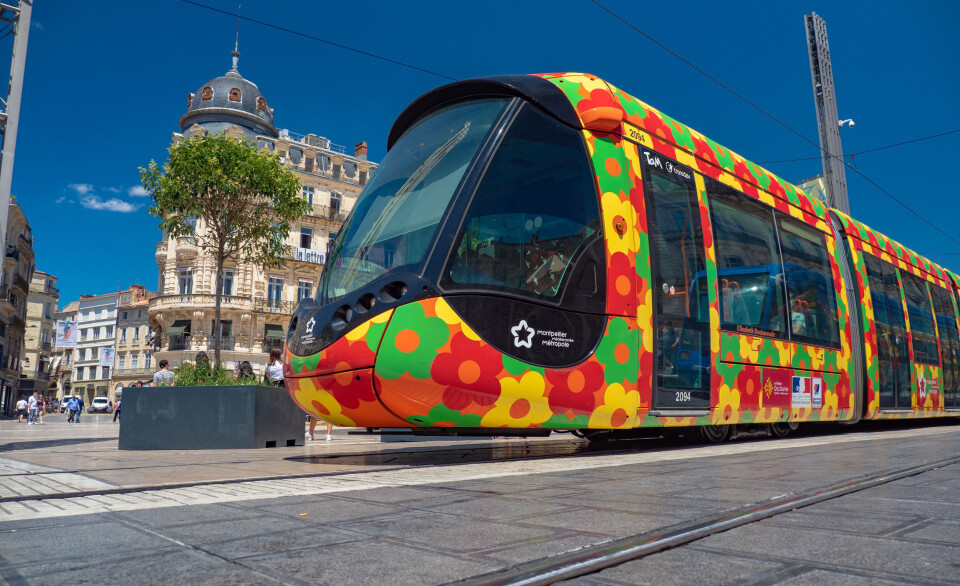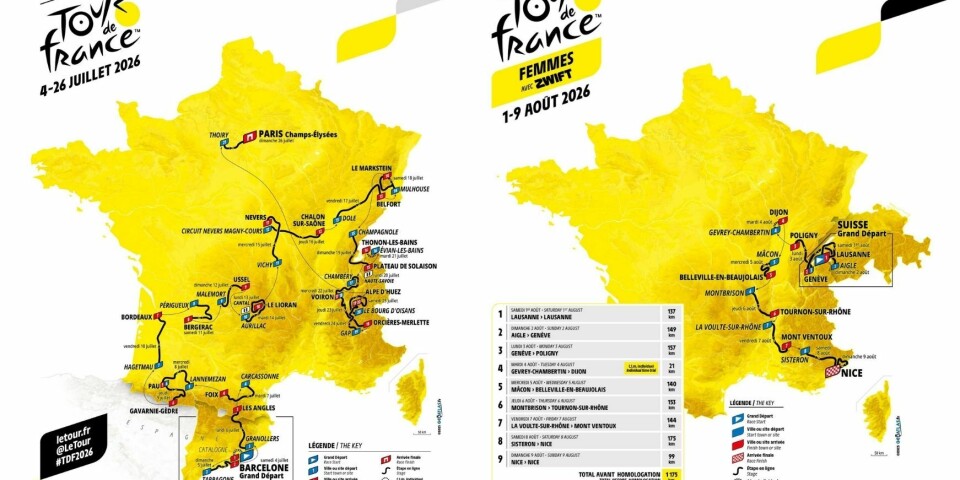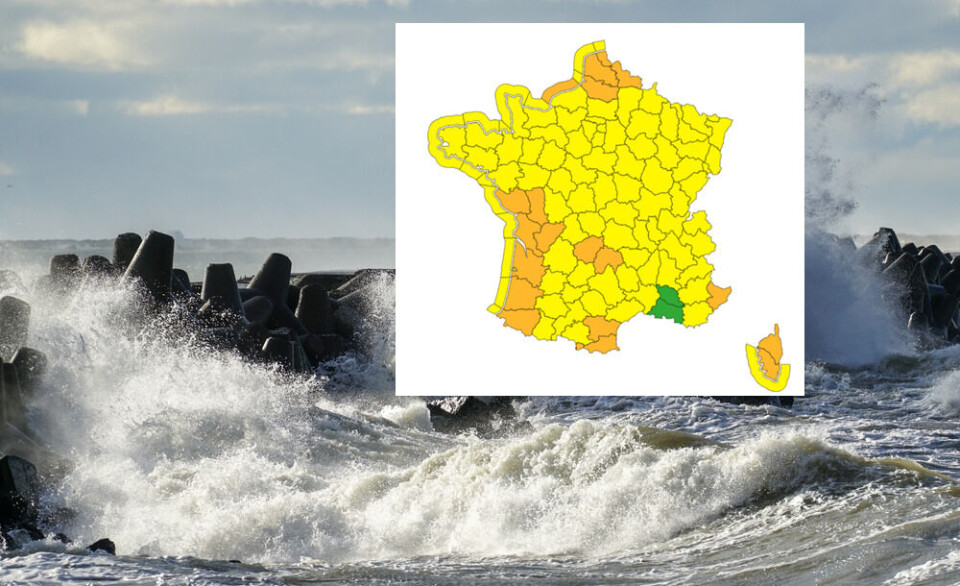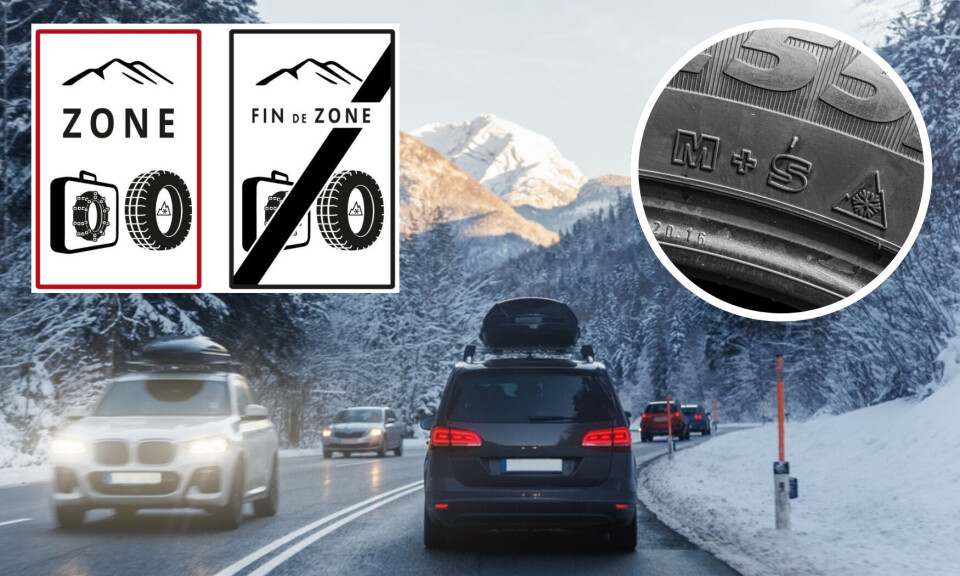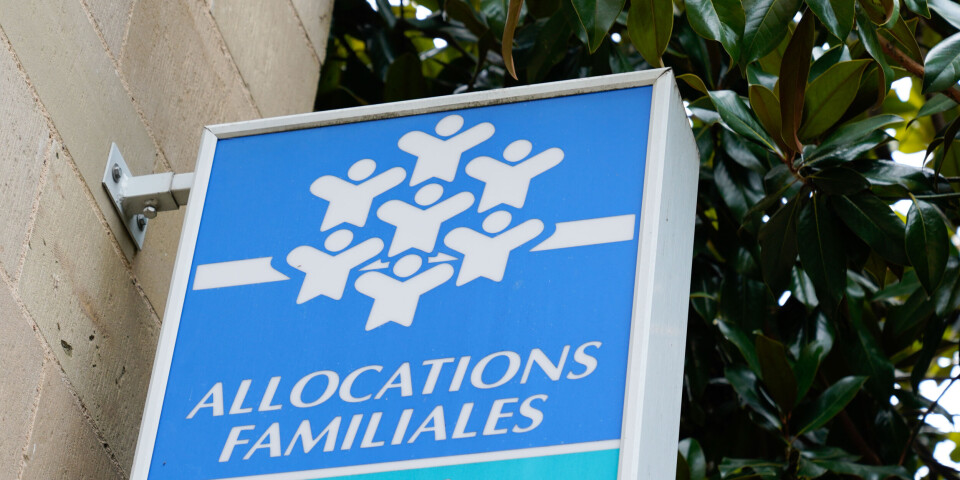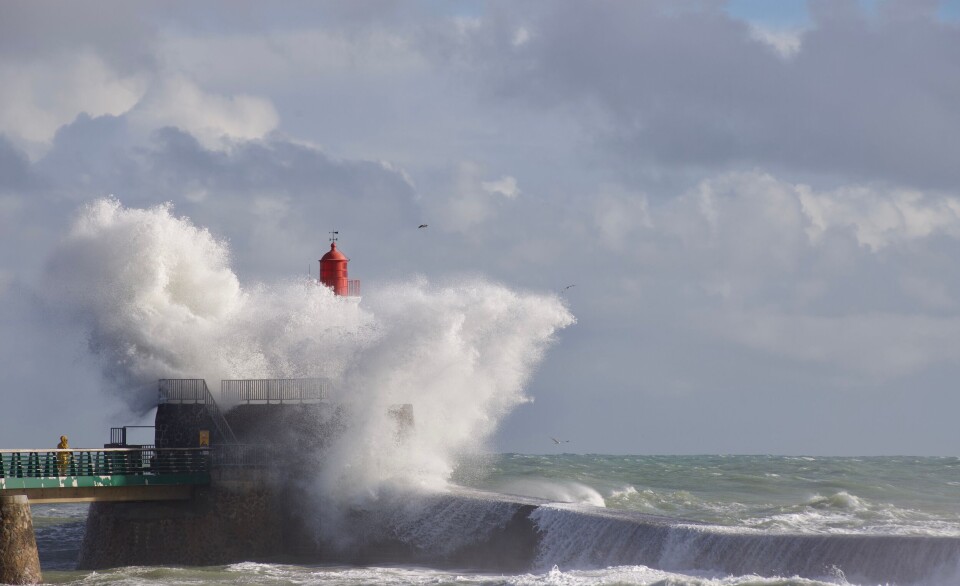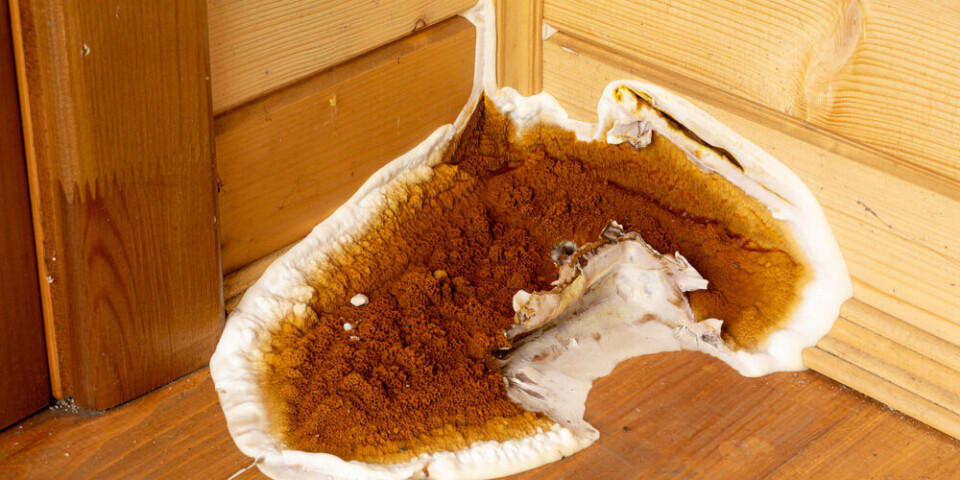-
Air France expands US schedule with direct Paris-Las Vegas route
Airline now offers 19 US destinations
-
2025 small business VAT reform definitively cancelled after Senate vote
New 2026 proposals remain on table but likely to be struck out as MP debates get underway
-
Small drop in percentage of French visa applications being declined
Roughly one in every six visa requests refused in 2024
French mayor to face court after banning pesticides
A mayor in Brittany is to face court after banning the use of pesticides and herbicides near housing in his commune, with authorities demanding that he reverse his decision.

In May, Daniel Cueff, mayor of the 602-resident commune of Langouët (Ille-et-Vilaine), north of Rennes, banned the use of farming pesticides and herbicides in fields that were deemed “too close” to houses and residential areas.
The decree bans the use of phytopharmaceutical products on crops “less than 150m away from any land containing a residential or business building”.
Mr Cueff is now due to appear at the administrative court in Rennes this Thursday (August 22) after local authorities took issue with his decision. They have demanded that he cancel the ban.
Around 100 people gathered in Rennes this weekend to protest in support of Mr Cueff.
Their banners read: “Allow our mayors to protect us”, “Pesticides, residents, farmers: all are victims”, and “Stop pesticides, we want poppies”.
Mr Cueff is well-known in the area for his eco-friendly policies. The local school has an organic canteen, and the town also draws much of its energy from solar power.
One protester, Nicole Duperron-Anneix, said: “I live in the middle of fields in Langouët, and I have been worried about pesticides for a long time, as much for my children as for my grand-children.
“The children of Langouët eat organic food at the [school] canteen, and live in eco-friendly buildings, but they live near fields, and we have found high levels of [the herbicide] glyphosate in their urine.”
Another resident said: “I have two daughters, and I do not want them to become ill. We have a high level of glyphosate in our urine, even though we eat organic and have a garden vegetable patch.”
At the time of the ban, Mr Cueff declared the use of pesticides as a “public health problem” and said: “We will not achieve much if we wait for the State. We must take things into our own hands. We are talking about the health of our children, our farmers [and] population. It is reasonable that a mayor would act faced with the failure of the State [to do so].”
The herbicide glyphosate was classified as “probably carcinogenic” by the World Health Organisation (WHO) in 2015. France had been set to ban the substance by 2021, but this has now been extended.
Writing on Twitter, former environment minister Corinne Lapage said: “The mayor of Langouët is entirely correct. In a few years, he will be seen as a hero.”
Also on Twitter, MEP Yannick Jadot said: “We are contaminated, bees are disappearing, green algae is polluting, but the State prefers to attack a responsible mayor, and authorise the worst industrial farms. Pathetic.”
Mr Cueff is not the only mayor to ban pesticides; in July, Paulette Deschamps, mayor of 7,000-inhabitant town of Perray-en-Yvelines in Île-de-France, also faced pressure to withdraw her decree to ban glyphosate.
At the time, the ban faced opposition from farmers union FDSEA, who said that the industry was already required to adhere to regulations and restrictions.
Stay informed:
Sign up to our free weekly e-newsletter
Subscribe to access all our online articles and receive our printed monthly newspaper The Connexion at your home. News analysis, features and practical help for English-speakers in France




